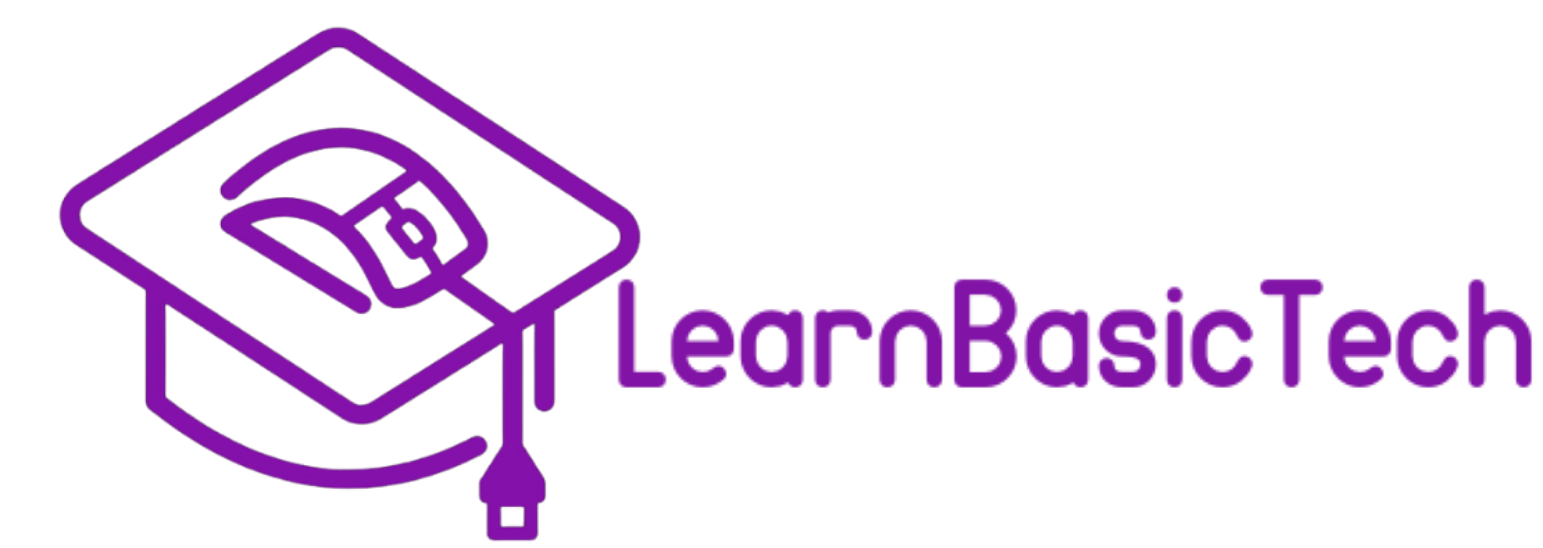Cybersecurity for Small & Medium Businesses: Essential Tips for Protecting Your Business

Tips on How SMBs can Enhance Their Cybersecurity:
1. Understanding the Threat Landscape
Hacking
Phishing
Identity Theft
Online Fraud
SMBs should stay updated on the evolving threat landscape, as attackers often target weaker security systems in smaller businesses, thinking they are easier targets.
2. Implementing Strong Access Controls.
SMBs should adopt Multi-Factor Authentication (MFA) wherever possible, as it adds an extra layer of protection by requiring additional proof of identity beyond just a password.
Role-Based Access Control (RBAC) ensures employees only have access to the data they need for their jobs, reducing the risk of insider threats.
3. Regular Software Updates and Patching.
4. Employee Training and Awareness
5. Data Backup and Recovery Plan.
6. Investing in Security Tools.
7. Securing Your Network.
8. Noncompliance with Regulations.
9. Incident Response Plan.
10. Working with Cybersecurity Experts
In Conclusion
Join Us Today!
We’re passionate about making digital skills accessible to everyone. By providing free, user-friendly courses, we hope to empower individuals and build stronger, more connected communities. Whether you’re a student, a professional, or simply someone looking to learn something new, our website has something for you.
Come visit us today and start your journey towards digital confidence. Together, we can delete the digital divide, one learner at a time. We can’t wait to help you get started!
➡️ Sign up for our future events here: https://www.eventbrite.com/o/learnbasictechorg-83606808403
🌐 Learn more about us: https://LearnBasicTech.org
📲 Follow us on social media for updates:
Facebook: https://www.facebook.com/LearnBasicTech
X: https://x.com/learnbasictech
Instagram: https://www.instagram.com/learnbasictech/
Created By
Femi Unazekin
Meet Femi Uanzekin, a dedicated cybersecurity professional whose expertise and passion embody smooth and uninterrupted digital experiences – just like how your cybersecurity should be. Femi is currently a curriculum developer for LearnBasicTech, where he focuses on creating accessible and engaging educational content to empower individuals with essential technology and cybersecurity skills.
With certifications including CISA, Network+, CISM, Security+, PMP, CRISC, and CGEIT, Femi brings a wealth of knowledge to the field. Driven by a commitment to defensive, offensive, and preventive security, as well as cybersecurity education, Femi is passionate about fostering safe and secure digital environments for all.
